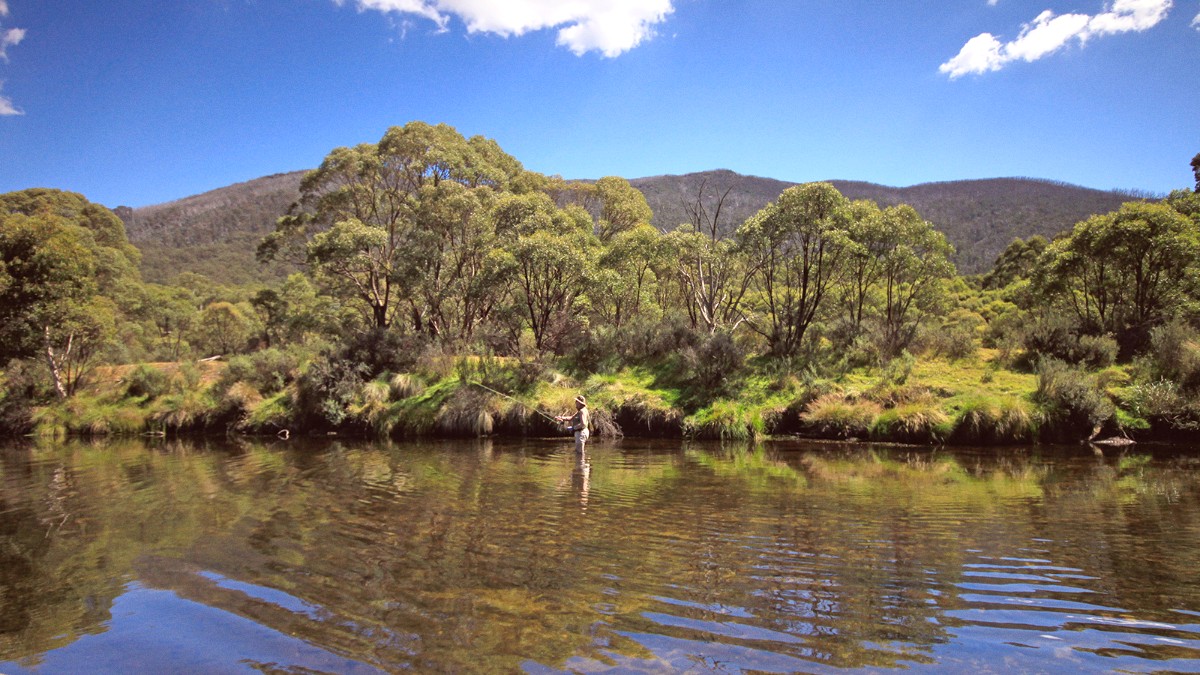
South Coast, Finland
Finland's major mobile network operators are Elisa, Telia, and DNA. All have reliable coverage throughout Turku and beyond. Prepaid SIM cards, often called 'Prepaid' or 'Prepaid Liittymä,' are easy to purchase. You can find them at R-kioski (convenience stores), major supermarkets, or official operator stores. Activation is usually simple and quick.
Wi-Fi is widely available and often free in hotels, cafes, restaurants, and public libraries throughout Turku. Many establishments display signs indicating free Wi-Fi.
Finnish and Swedish are the two official languages. In Turku, both are widely spoken. English is widely spoken, especially by younger generations and those working in the service industry (hotels, restaurants, tourist attractions). You will generally experience no problem communicating in English in Turku.
Posti is the national postal service. Post offices are available for sending mail and parcels. You can also buy stamps at R-kioski convenience stores, larger supermarkets, and some tourist information points. Sending postcards home is simple.
A Finnish phrasebook can be a useful companion for more phrases and situations.
Plan your visit around typical operating hours for businesses and attractions.
Generally, shops in Turku are open Monday to Friday from 10 AM to 6 PM (some larger stores or shopping centers might extend to 8 PM). On Saturdays, hours are typically 10 AM to 4 PM. Larger supermarkets and shopping centers may have longer hours, including opening on Sundays.
Banks operate on weekdays, generally from 10 AM to 4:30 PM. They have limited or no weekend hours. Most banking needs can be met through ATMs or card payments.
Typically open from 10 AM to 5 PM or 6 PM. Many museums are closed on Mondays, especially outside the peak tourist season. Always check individual websites for precise, up-to-date opening hours.
Lunch service is typically from 11 AM to 2 PM on weekdays. Dinner service starts from 5 PM onwards, with most restaurants closing between 10 PM and midnight. Bars/Pubs: Open later than restaurants, some remaining open until 2-4 AM on weekends.
Finland observes several religious and public holidays throughout the year. Many businesses, banks, and some shops will be closed or have reduced hours on these days. Plan accordingly.
Check specific holiday dates for the year of your travel, as some dates shift annually. This avoids unexpected closures. Note for airport services: Priority Pass offers lounge access. For flight issues, Compensair can assist.
Navigate local customs and interactions with ease.
A simple "Hei" (Hi) is a common and appropriate greeting for most informal situations. A firm handshake is usual for formal introductions. Finns are generally reserved and do not engage in overly effusive greetings or small talk with strangers.
Dress comfortably and practically for the weather. No strict dress codes for most places. For formal events or fine dining, smart casual attire is appropriate.
Tipping is not customary; service charges are included. Wait for a host to seat you in most restaurants. Finns are generally quiet diners; loud conversations are uncommon.
Avoid discussing politics unless you know the person well and they initiate the conversation. Respect personal space. Avoid excessively loud behavior in public spaces. Do not remove your clothes in public places, except where appropriate (e.g., beach, sauna).
Your respectful behavior and efforts to understand local customs contribute positively to your travel experience and interactions.
Turku strives to be an accessible city, though some historical areas may present challenges.
Modern public buildings, transportation (Föli buses), and major attractions are generally designed to be accessible. This includes features like ramps, lifts, and accessible toilets. However, older parts of the city (like the Luostarinmäki Handicrafts Museum area) or historic buildings might have limited accessibility due to their preserved original structures. Cobblestone streets in some central areas can also pose challenges.
Public transport announcements often include both visual displays and auditory information. Many official websites of attractions provide detailed accessibility information. Larger museums may offer audio guides or tactile exhibits.
While Turku is working towards greater accessibility, always plan ahead, especially for historical sites. Confirm with venues directly for the most up-to-date information regarding your specific needs. Use online maps to identify paved routes versus cobblestone areas.
Some older parts of the city (like Luostarinmäki Handicrafts Museum area) or historic buildings might have limited accessibility due to their preserved original structures. Cobblestone streets in some central areas can also pose challenges.
The Turku Tourist Information office is an excellent first point of contact for accessibility inquiries and planning.